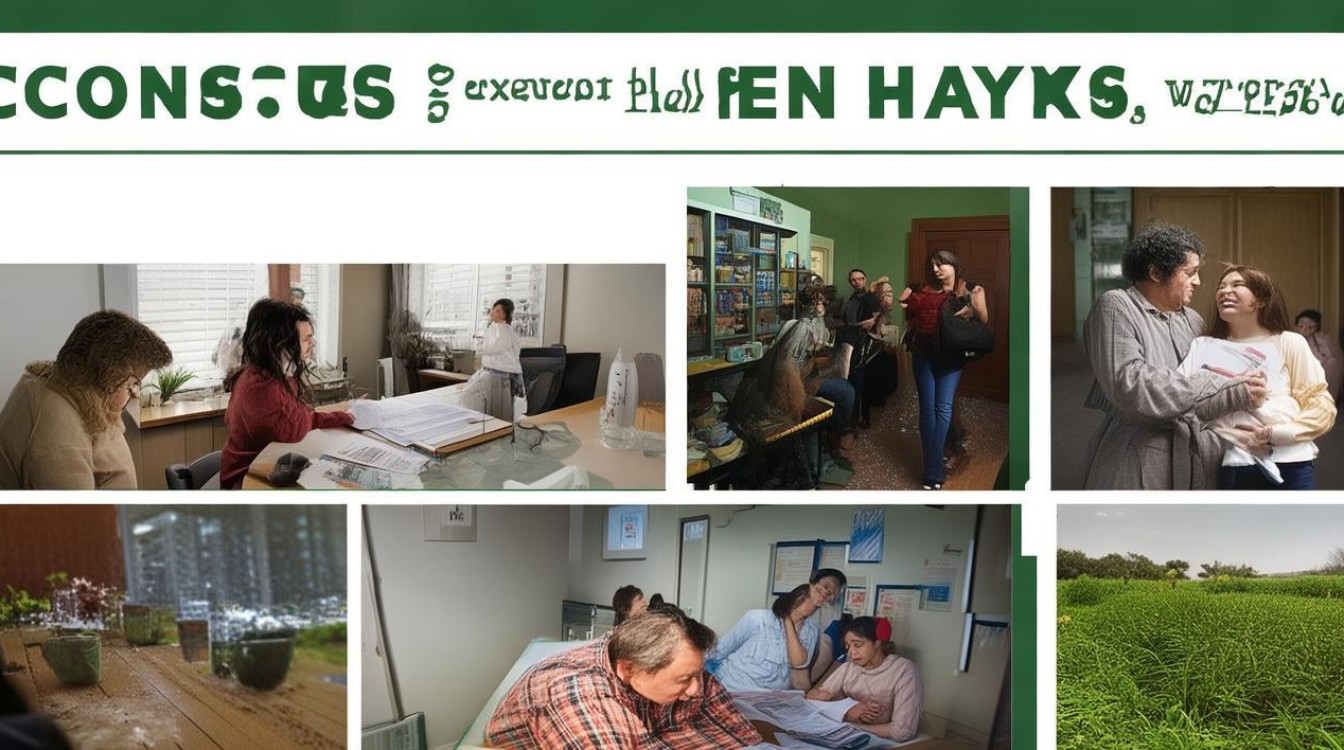Layoffs have become a frequent topic in today’s business world. Whether due to economic downturns, corporate restructuring, or technological advancements, job cuts affect employees, companies, and society at large. Understanding the implications of layoffs—both positive and negative—helps individuals navigate these challenges with resilience.

Why Do Companies Resort to Layoffs?
Organizations often implement layoffs to cut costs, streamline operations, or adapt to market changes. Economic recessions, declining profits, or shifts in industry demand can force businesses to reduce their workforce. In some cases, automation and artificial intelligence replace human roles, leading to workforce reductions.
While layoffs may help companies survive financially, they are rarely an easy decision. Employers must weigh short-term savings against long-term consequences, such as decreased morale, loss of institutional knowledge, and potential reputational damage.
The Human Cost of Layoffs
For employees, losing a job is more than just a financial setback—it can be emotionally devastating. The sudden loss of income creates stress, especially for those with families or financial obligations. Job insecurity also leads to anxiety, affecting mental health and overall well-being.
Beyond the individual, layoffs disrupt communities. When large companies downsize, local economies suffer as spending power declines. Small businesses that rely on employee patronage may also face reduced revenue.

However, some workers use layoffs as an opportunity to reassess their careers. Many transition into new industries, pursue further education, or start their own businesses. Adaptability and continuous skill development can turn a layoff into a stepping stone for growth.
How Companies Can Handle Layoffs Ethically
Not all layoffs are created equal. Some firms execute them with transparency and compassion, while others leave employees feeling betrayed. Ethical layoff practices include:
- Clear Communication – Employees deserve honest explanations about why layoffs are happening and how decisions were made.
- Fair Severance Packages – Providing financial support, extended healthcare, or career counseling eases the transition.
- Support for Remaining Employees – Survivors of layoffs often experience "survivor’s guilt" and fear future cuts. Companies should address morale through open dialogue and reassurance.
Businesses that prioritize ethical layoffs maintain trust with employees and the public, preserving their reputation even in difficult times.
The Role of Government and Society
Governments can mitigate the effects of layoffs through unemployment benefits, retraining programs, and incentives for companies that avoid mass job cuts. Policies encouraging entrepreneurship or gig economy participation also provide alternative income sources.

On a societal level, reducing the stigma around job loss is crucial. Instead of viewing layoffs as personal failures, we should recognize them as part of a dynamic economy. Networking, mentorship, and community support can help displaced workers find new opportunities faster.
Moving Forward After a Layoff
If you’ve been laid off, taking proactive steps can make the recovery process smoother:
- Assess Your Finances – Create a budget to manage expenses while searching for new work.
- Update Your Skills – Online courses, certifications, or workshops can make you more competitive.
- Leverage Your Network – Reach out to former colleagues, industry groups, or professional platforms like LinkedIn.
- Consider Alternative Paths – Freelancing, consulting, or part-time work can bridge gaps while exploring long-term options.
Layoffs are rarely easy, but resilience and adaptability often lead to unexpected opportunities. Companies, employees, and policymakers all play a role in shaping how workforce transitions unfold. By fostering transparency, support systems, and continuous learning, we can navigate layoffs with greater confidence and compassion.
The reality is that layoffs will continue to be part of the modern workforce. Instead of fearing them, we should focus on preparation, adaptability, and collective support to minimize their negative impact. Every ending can be a new beginning—with the right mindset and resources, those affected can emerge stronger.



